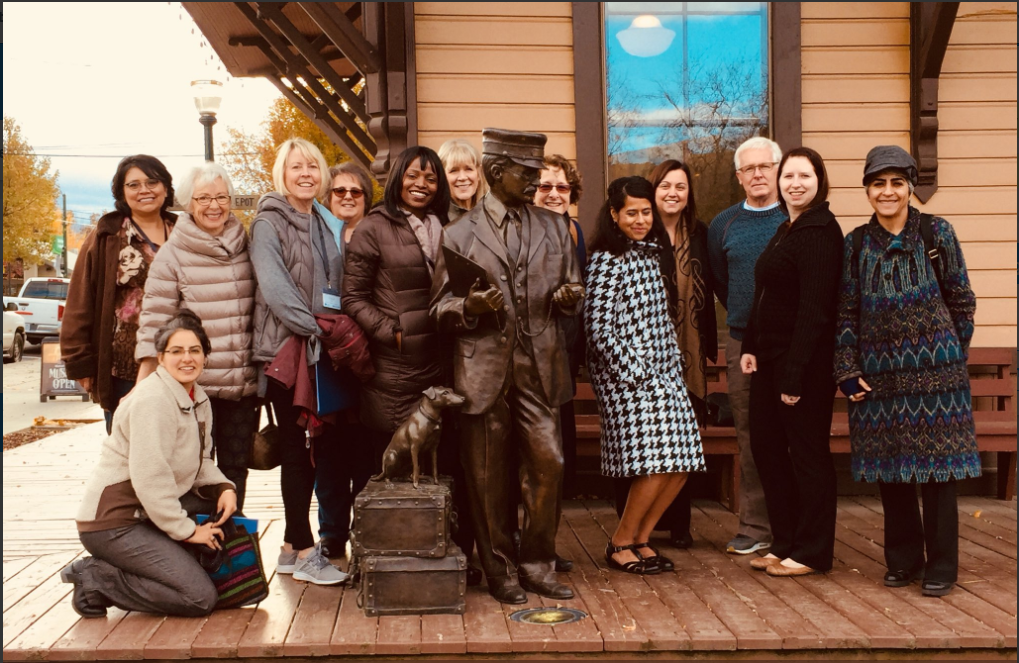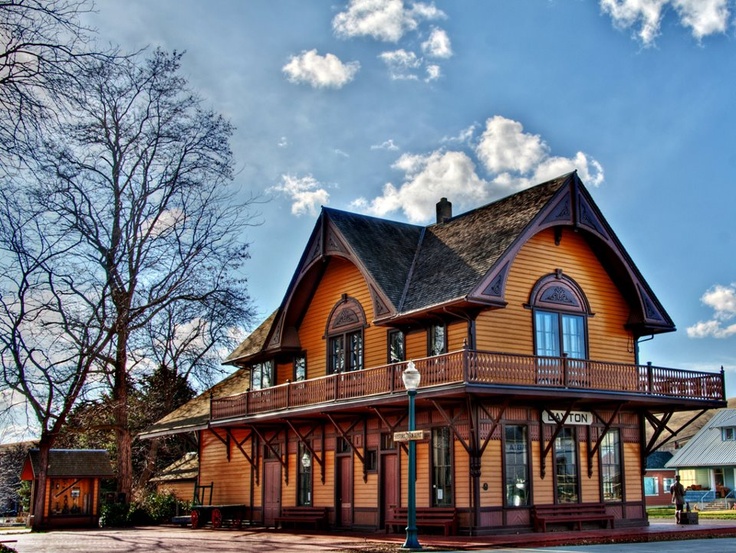 Although I am only six months into my role, and have much still to learn, there is no substitute for visiting with Philanthropy Northwest members in the places you call home. Why? Because one of the best ways to learn about our regional communities is to spend time in community and experience local passions, concerns, and commitments firsthand.
Although I am only six months into my role, and have much still to learn, there is no substitute for visiting with Philanthropy Northwest members in the places you call home. Why? Because one of the best ways to learn about our regional communities is to spend time in community and experience local passions, concerns, and commitments firsthand.
A wonderful example of this ethos in action is the two-day Walla Walla Valley Funders’ Tour, which I had the great honor of attending earlier this month. Organized by Danielle Garbe of Sherwood Trust and Kari Isaacson of the Blue Mountain Community Foundation, the tour aimed to strengthen investors’ knowledge of underserved rural communities in southeast Washington. It also challenged us—a learning community of ten participants, myself included—to rethink what was possible and explore new philanthropic investment opportunities in rural resiliency.
On the tour, we met with a variety of local nonprofit and government leaders to discuss a range of challenges—from increases in teen homelessness and education disparities in the schools, especially along racial and ethnic lines, to a lack of affordable housing and the dearth of “family wage” jobs to help people make ends meet.
We also explored solutions, and what it would take to sustain them. It was inspiring to learn how the local wine industry contributes to community through creative public-private partnerships. For example, Vital Wines donates all proceeds to the SOS clinic, a free non-profit health care clinic in the Walla Walla area dedicated to helping people get the healthcare that they both need and deserve.
 In addition, we visited Dayton, WA, which is located 40 minutes northeast of Walla Walla. With a population of 2,500 people, Dayton shares many of the same struggles of every small town in America. But over the last 30 years, community leaders have worked tirelessly across sectors to revitalize its downtown corridor. And they’ve done so in manner that also preserves its history and small-town charm. As a result, for a region beset by uncertainty and a changing way of life, Dayton is a bright spot that represents hope.
In addition, we visited Dayton, WA, which is located 40 minutes northeast of Walla Walla. With a population of 2,500 people, Dayton shares many of the same struggles of every small town in America. But over the last 30 years, community leaders have worked tirelessly across sectors to revitalize its downtown corridor. And they’ve done so in manner that also preserves its history and small-town charm. As a result, for a region beset by uncertainty and a changing way of life, Dayton is a bright spot that represents hope.
Over the past year, as the demographic and economic landscapes continue to shift for communities like Walla Walla and Dayton, Philanthropy Northwest has deepened our rural engagements. Building on previous work with members, we established two learning cohorts of rural funders and nonprofits in Oregon and Washington to facilitate alignment and connection among those focused on meeting the specific needs and opportunities of rural communities. We also helped coordinate the second National Rural Funders Gathering, held this year in Roseburg, Oregon, to better enable cross-country dialogue, peer learning, and the promotion of best practices in rural philanthropy. And more is on the horizon.
One of the benefits of membership in a regional association like Philanthropy Northwest is learning from each other. Especially meaningful are the learning opportunities we pursue outside of where we reside, or the lived-experiences most familiar to us. Tours can help create space for this kind of learning so I applaud members, like Rasmuson Foundation, who fold them into their programming. Since 1997, Rasmuson Foundation has hosted more than 150 individuals representing more than 75 foundations and philanthropy-serving organizations on their annual Educational Tour of Alaska—a nationally recognized model for learning that is helping the philanthropic sector to respect, celebrate, and support the place-based characteristics of our communities.
Member foundations in the Walla Walla Valley are already thinking about their next Funders’ Tour. After our tour completed, we received surveys requesting feedback on what went well and what could be improved upon for next year. I love the trust and accountability, and know that the next tour will be equally, if not more, successful because of their thoughtfulness. I hope you will consider attending.
I also encourage you to reach out to Danielle (Sherwood Trust) and Kari (Blue Mountain Community Foundation) to glean insights from their experiences and potentially plan a regional/local tour of your own. An added, yet unexpected, benefit of our tour was the camaraderie that developed among our all-women group of participants, but there are many different approaches to bringing people together.
Funders’ Tours are complicated endeavors to plan, but when done right, they provide participants rich, on-the-ground context that helps break down barriers and biases, creating space for meaningful dialogue, learning, and connection.
Let’s do more.
For additional photos from the 2017 Walla Walla Valley Funders’ Tour, please see #WWVFT17 on Twitter.